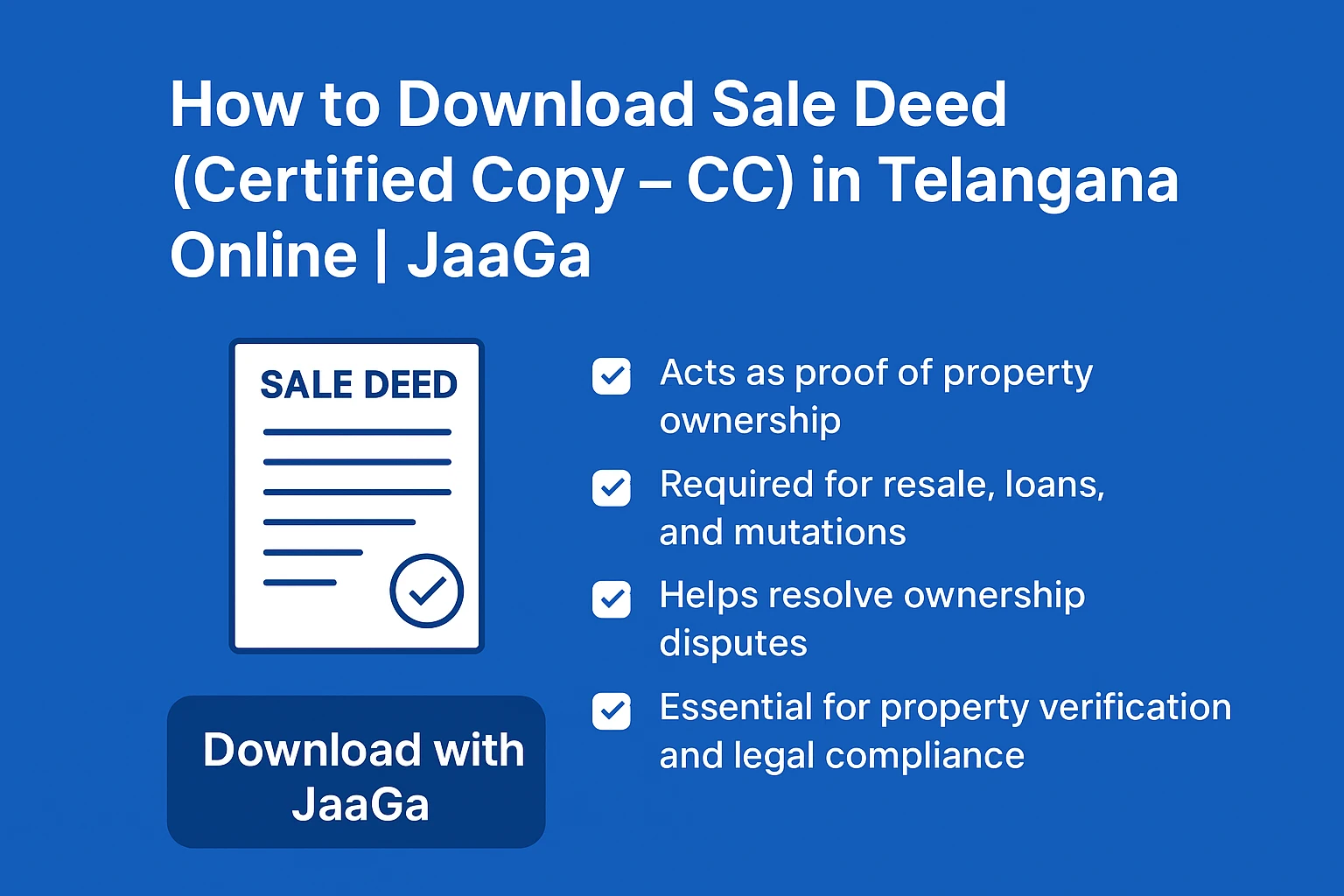When it comes to property ownership, even a small error in your documents can lead to major legal and financial complications. From spelling mistakes in names to incorrect survey numbers, such errors might seem minor at first, but can cause property disputes, loan rejections, or delays in future transactions.
This is where a Rectification Deed plays a crucial role.
What is a Rectification Deed?
A Rectification Deed is a legal document used to correct mistakes or inaccuracies in property-related documents such as sale deeds, gift deeds, or partition deeds. Instead of creating a brand-new deed, the existing one is corrected with the mutual consent of the involved parties.
Common Errors That Require a Rectification Deed
Property documents are often lengthy and involve multiple details, which increases the chances of mistakes. Some common errors include:
- Spelling mistakes in the owner’s name
- Incorrect property boundaries or survey numbers
- Wrong address or location details
- Errors in property measurements
- Missing information in the deed
Even the smallest discrepancy can create hurdles during property verification, resale, or loan processing.
Why is a Rectification Deed Necessary?
- ✅ Legal Validity – Ensures property documents are accurate and legally valid.
- ✅ Avoids Disputes – Prevents ownership or boundary-related conflicts.
- ✅ Smooth Transactions – Essential when selling, buying, or mortgaging property.
- ✅ Required by Banks – Banks often reject loan applications if property documents have errors.
- ✅ Compliance with Government Records – Helps maintain accurate entries in land records and revenue offices.
Process of Getting a Rectification Deed
- Identify the Error – Pinpoint the mistake in the original property deed.
- Draft the Rectification Deed – Mention the correction required.
- Obtain Mutual Consent – All parties involved in the original deed must agree to the correction.
- Register the Deed – Visit the Sub-Registrar’s Office and register the Rectification Deed.
- Pay Stamp Duty – A nominal stamp duty and registration fee are applicable.
Who Needs a Rectification Deed?
- Homeowners – To correct errors in sale or gift deeds.
- Property Buyers & Sellers – To ensure hassle-free transactions.
- Banks & Financial Institutions – For mortgage and loan clearances.
- NRIs – To avoid complications in overseas property dealings.
- Real Estate Agents & Legal Professionals – To safeguard their clients.
Final Thoughts
A Rectification Deed may seem like a minor legal formality, but it can save you from serious legal trouble and financial losses in the future. Whether you are a homeowner, buyer, or investor, ensuring your property documents are error-free is one of the most important steps in safeguarding your ownership rights.
👉 At JaaGa, we simplify the process of Rectification Deeds, Name Changes in Utility Bills, Mutation, and other property documentation services so you don’t have to deal with unnecessary stress.
If you’ve spotted errors in your property documents, don’t delay. Visit JaaGa to get expert help in drafting and registering your rectification deed hassle-free.
🚀 Download the JaaGa App today and apply for mutation from your phone!



